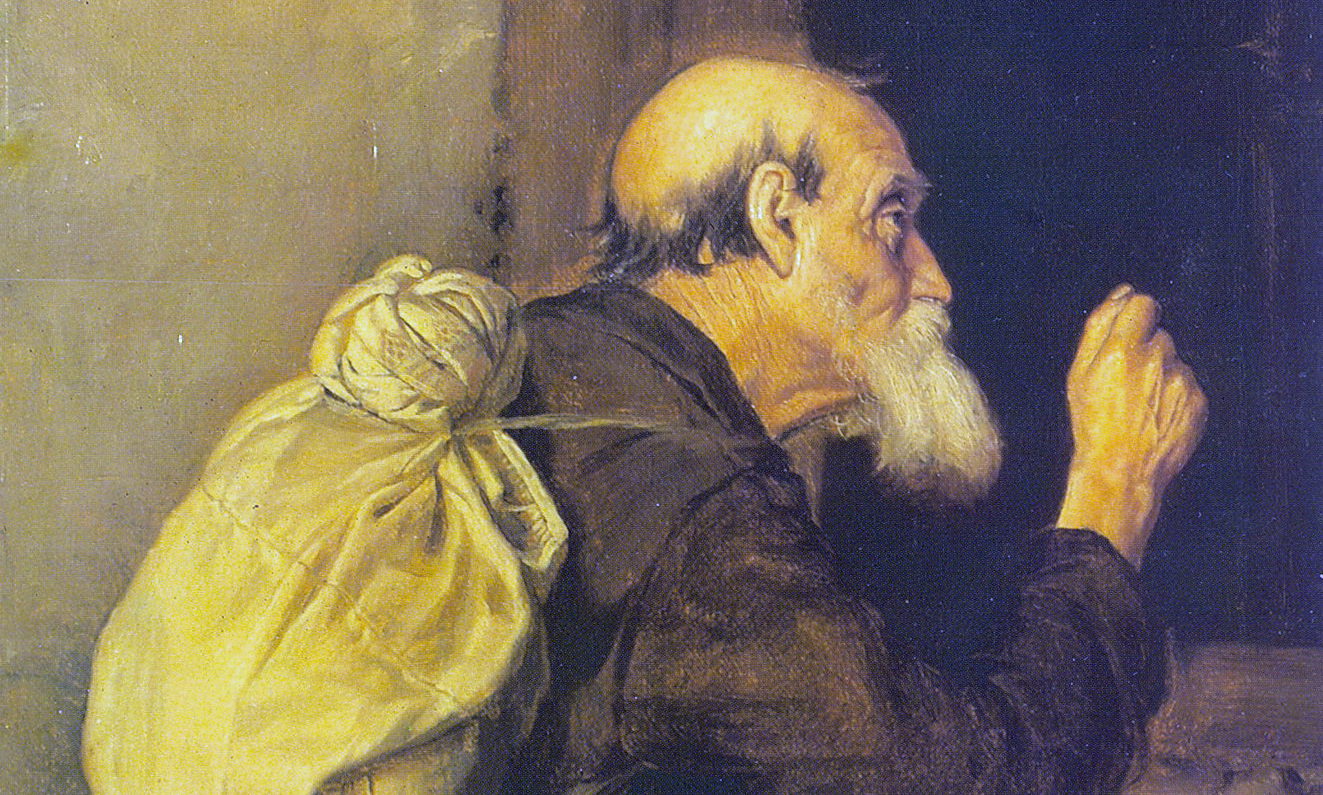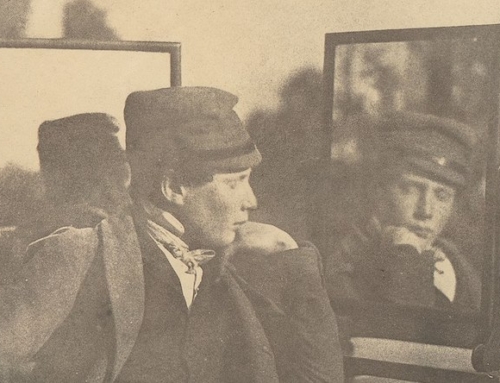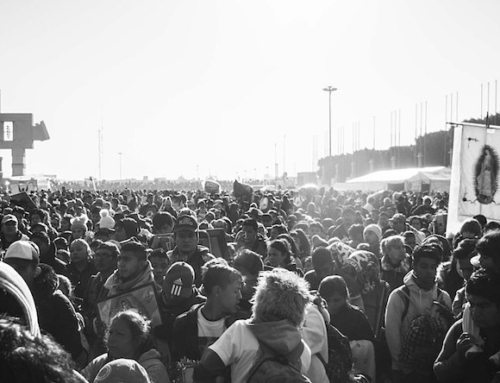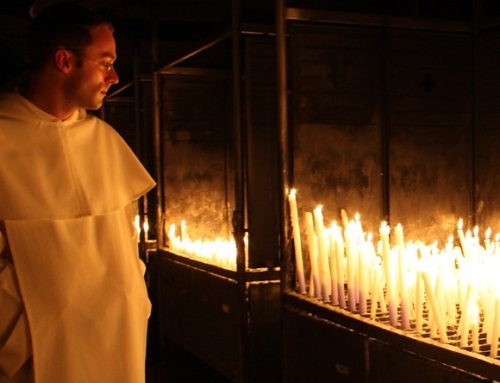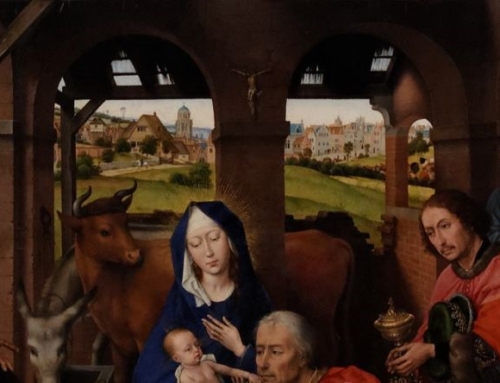The Allman Brothers were onto something with their lyrics, “Lord, I was born a ramblin’ man.” We are wanderers upon the earth. Why? This world is broken and, though it is filled with beauty, it is still a place of loss and impermanence. Yet we have a desire within us for a more lasting home, a homesickness for a place of joy where our wandering hearts can rest free from sorrow. Our hearts yearn for such a home because “here we have no lasting city, but we seek the city which is to come” (Hebrews 13:14).
In this life, we experience the loss of what we once knew and loved. Bereft, we become wanderers. In The Wanderer, an Anglo-Saxon poet considers, with agonizing sorrow and relentless nostalgia, “this dark life” that is now deprived of the joys he had once known. His lord and king has been laid in the earth, his friends and companions slain, while he himself, over the sea “suffers long / Stirring his hands in the frosty swell, / The way of exile.” He has become a weary wanderer in the midst of his life. He has come to know our life as the life of a wanderer. The only road or way that he knows is that of exile.
Mumford & Sons has a knack for writing thought-provoking lyrics. Their song “Hopeless Wanderer” has always struck me as touching on something profoundly true about the human condition. The refrain repeats, “I’m a hopeless wanderer.” Like the Allman Brothers, Mumford & Sons identifies this wandering as part of our condition. Like the Anglo-Saxon poet, they know that they are wanderers. And yet, they have a longing for a time or a place where they will wander no longer. But is this longing a vain hope? Are we but hopeless wanderers?
Salvation history gives us the answer. At the heart of the Pentateuch, the people of Israel admit to God that they are wanderers: “A wandering Aramean was my father” (Deuteronomy 26:5). But God did not abandon his people to wander without hope or direction. He reached into the dark, sorrowful wandering of His people. “He found them in a wilderness, a wasteland of howling desert. He shielded them and cared for them, guarding them as the apple of his eye” (Deuteronomy 32:10). Lost though we are, wandering in wildernesses of sin or wastelands of shattered lives, God is there to find us and care for us.
God also gave the path on which we can set our wandering hearts and feet to find our way to our homeland. That path is Jesus Christ Himself, who is “the Way” (John 4:6). Following Him and walking in and with Him, our wandering is guided home. Strangely, this is the Way of the Cross. As we prepare to celebrate Holy Week, we see that Christ endured the sorrow and loss of our condition as wanderers so that He could win for us a city where we could dwell in happiness. He became a ramblin’ man, a weary wanderer, beaten, battered, bruised, crushed, and forsaken, a man without a home, without friends by His side, one who seemed lost, thrown down dead in the dust. But when He rises victorious over death and ascends to His throne, then He gives not a way of exile, but a way home for us hopeful wanderers, us ramblin’ men.
✠
Image: Vasily Perov, The Wanderer.

